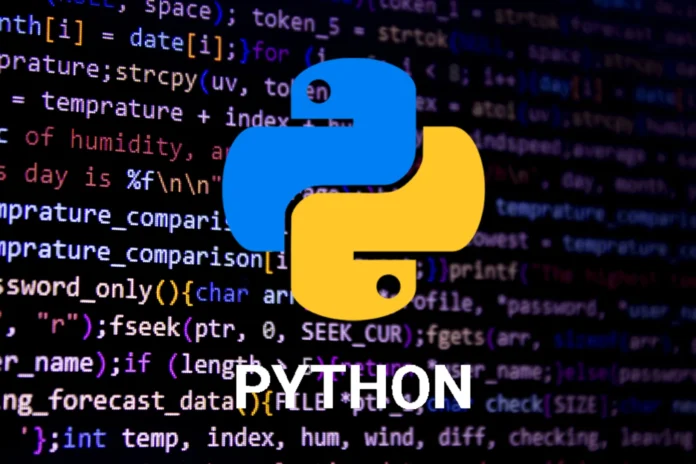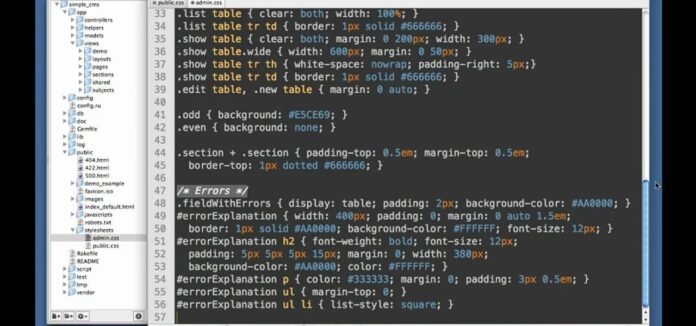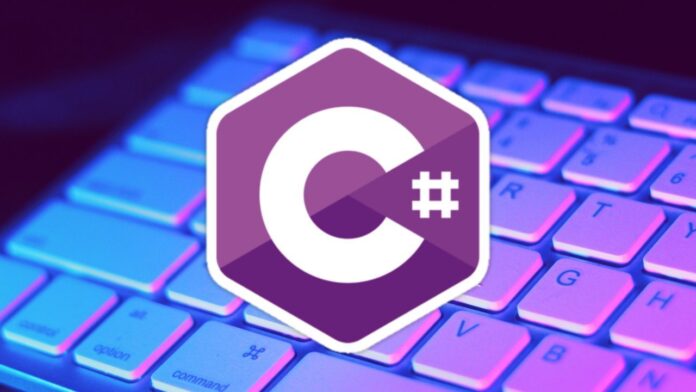The foundation of any successful ecommerce store is the choice of the best coding language for ecommerce. This critical decision can shape the future of a business, influencing its ability to scale, attract customers, and offer a seamless shopping experience. However, with a multitude of programming languages available, how does one discern the best language to develop an ecommerce website?
Ecommerce has transcended beyond just buying and selling; it’s about creating a memorable customer journey, making secure transactions, and accessing a wide range of features that improve the user experience. Given this, the language used in development becomes not just a technical choice but a strategic business one. Whether you’re a developer embarking on a new project or a business owner looking to make an informed decision, understanding the popular languages and their advantages is crucial.
Java, Python, JavaScript, PHP, Ruby on Rails, and C# are just a few of the heavyweights in the web development arena. Each boasts its own set of strengths that cater to different aspects of the ecommerce process. For instance, JavaScript has become increasingly popular for its ability to create dynamic, interactive sites that captivate customers. Meanwhile, PHP, with its ease of access and wide application, continues to be a preferred choice for many developers in the ecommerce domain.
In this article, we will delve deep into the various programming languages, shedding light on their features and how they can be leveraged for custom Ecommerce software development. As the digital landscape continues to evolve, making the right programming choice is essential to stay ahead of the curve and ensure the success of your online business.
Best Languages to Build an Ecommerce Website

When it comes to ecommerce, choosing the best language for the job ensures your site remains robust, scalable, and user-friendly. Let’s explore some of the top contenders:
Java
Pros:
- Scalability. Java has been a go-to language for many large enterprises due to its innate scalability.
- Performance. With the right optimizations, Java can offer lightning-fast performance for high-traffic ecommerce sites.
- Versatile. Java’s platform independence means developers can write code once and run it anywhere.
Cons:
- Learning curve. For new developers, Java can seem complex.
- Resource intensive. Java applications can be heavier on resources, requiring more server power.
Python

Pros:
- Easy to learn. Python’s syntax is clean and intuitive, which makes it a favorite among new developers.
- Frameworks. Django and Flask, popular Python frameworks, offer ready-made solutions for quick ecommerce development.
- Community. A vast developer community ensures plenty of resources and documentation.
Cons:
- Speed. Python can be slower than some compiled languages, though this is often negligible for many ecommerce applications.
- Memory consumption. Can be higher in comparison to languages like C or C++.
JavaScript

Pros:
- Dynamic websites. JavaScript is essential for creating interactive web pages, enhancing user experience.
- Frontend and backend. With Node.js, JavaScript can be used on both client and server sides.
- Frameworks. React, Vue, and AngularJS offer powerful tools for crafting modern web applications.
Cons:
- Complexity. Asynchronous programming and callback functions can become complex.
- Security concerns. Being a client-side language, it’s open to more potential vulnerabilities.
PHP

Pros:
- Widely adopted. A significant portion of the web, including popular platforms like WordPress, is built on PHP.
- Cost-effective. Being open-source, it offers a cost-effective solution for ecommerce development.
- Integrated database support. PHP works seamlessly with databases, essential for ecommerce sites.
Cons:
- Performance. Not as fast as some newer languages, though optimizations can bridge this gap.
- Development practices. Older PHP codes might not adhere to modern best practices.
Ruby on Rails

Pros:
- Rapid development. The framework emphasizes convention over configuration, making it faster to go from concept to launch.
- Active community. The Ruby community frequently updates and releases new gems (libraries) to aid development.
- Clean code. Ruby code is readable and self-documenting, making it easier for teams to collaborate.
Cons:
- Runtime speed. Ruby can sometimes lag in terms of runtime speed.
- Scalability. While it can be scaled, it may require more effort than languages designed with scalability in mind.
C#

Pros:
- Versatility. A core component of the .NET framework, it can be used for a variety of applications, from desktop to web.
- Strongly typed. This helps in catching potential errors during the compile-time rather than run-time.
- Integrated Development Environment (IDE). Microsoft’s Visual Studio offers a powerful toolset for C# developers.
Cons:
- Platform dependent. Historically tied to the Windows platform, though .NET Core is changing this.
- Licensing costs. Some Microsoft products and tools associated with C# come with licensing fees.
Selecting the best language to develop an ecommerce website hinges on understanding your business needs, projected traffic, scalability demands, and available resources. With the insights into the strengths and limitations of these popular languages, making an informed choice becomes a streamlined process. By aligning your goals with the capabilities of these languages, you pave the way for a successful and dynamic online store.
Conclusion

Embarking on the journey of creating an ecommerce website is no small feat. The landscape is rife with options, each promising to be the best language to develop an ecommerce website. But as with any significant business decision, the key lies in understanding one’s unique requirements and making informed choices.
Languages like Java and C# offer robustness and scalability, making them suitable for large-scale, enterprise-level applications. On the other hand, dynamic languages like JavaScript and Ruby on Rails facilitate rapid development and cater to businesses aiming for a quick market launch. PHP remains a steadfast choice for many, given its extensive history and vast community support. Meanwhile, Python’s simplicity and versatility make it an alluring choice for startups and established businesses alike.
But beyond the technical facets, it’s essential to remember the end goal: providing an impeccable experience for the customer. Irrespective of the programming language chosen, the site’s performance, security, and usability stand paramount. An ecommerce site serves as the digital storefront for a business, and ensuring its seamless operation can significantly impact customer retention and revenue generation.
To wrap up, the best coding language for ecommerce is not a one-size-fits-all answer. It’s a blend of business objectives, available resources, and future scalability plans. By leveraging the insights from this article and collaborating with seasoned developers, businesses can craft an ecommerce platform poised for success in the ever-evolving digital marketplace.





![Calgary’s Hottest Neighborhoods for Luxury Homebuyers [2024]](https://thewashingtonote.com/wp-content/uploads/2024/04/Calgary-324x160.png)



